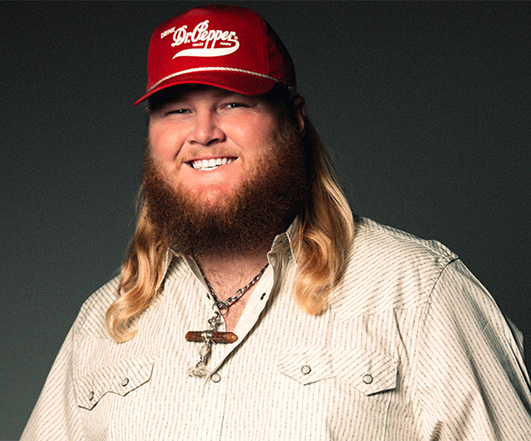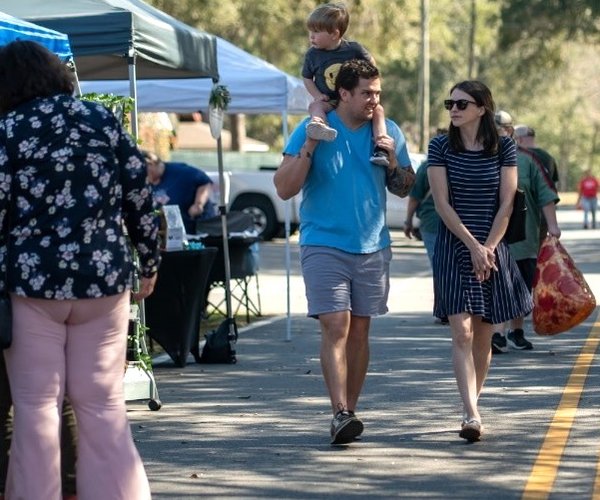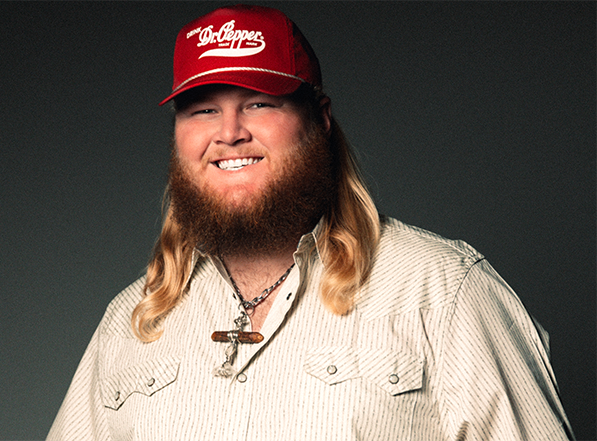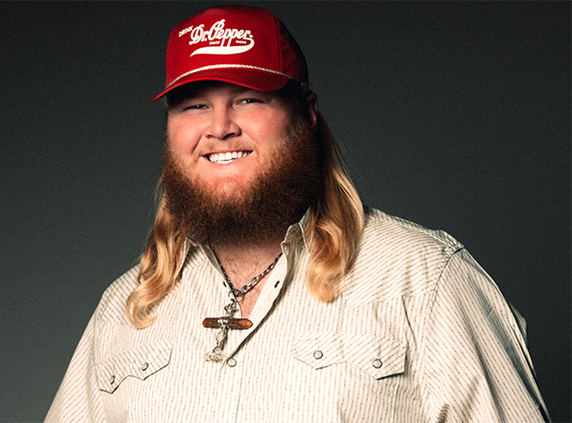Too many times these days, we are following a news story being reported by the national media when one or the other of us will have a question such, “How did this start in the first place?” or “Why did she do that?”
When I was barely 17, I started in radio by hosting a weekend show. At 18, I began reporting and writing for a local weekly newspaper. I adhered then – and now – to the basic rules of journalism: Who, what, when, why and how. It’s remarkable how often one or more of those are missed.
Honestly, I try to stay out of the national news cycle. I care much more about reading the stories about the friend’s child who scored the winning touchdown, how a town came together to help one of it’s own or who died. I especially care about the local obits.
Whenever I ask Tink a slight probing question on a news story, he often pauses for a beat then says, “That’s a very good question, Ronda Rich. That hasn’t been addressed yet.” Often, it will be a big story that’s been going on for two or three weeks and one of the basic decrees of journalism has been ignored.
I roll my eyes. All I can figure is that the stories are either being reported and/or edited by millennials who have been trained in the age of social media where brevity and broad are revered. Tell it quickly and position it from a viewpoint or even heavy load it with viewpoint. That’s why, I think, we feel like it’s an assault on our senses.
Even more than my journalistic training, I am prone to lean toward what I know about storytelling: Details matter.
In the years that have melted away since Daddy and then Mama left this world, I am often grateful for the details they left behind in the stories they told. We have a King James Scofield Bible, well used as was most of Daddy’s Bibles, that was gifted to him in 1960s by a renowned moonshiner. In those days, a man was only let out of a jail when a person who owned property in the county would “go his bond.”
Daddy, the son of mountain renegades turned a child of the Lord’s, never judged. This was one of my favorite things about Daddy. Everything was either black or white to him. It was right or it was wrong. But when it was wrong committed by others, he loved, he forgave and he went their bonds.
One renegade, though, pushed Daddy’s patience with his frequent calls in the middle of the night that forced him out of the comfort of his bed, into the cold night and down to the jailhouse.
“I’ve gone your bond for the last time,” Daddy, highly irritated, promised one night.
A Bible – Daddy’s favorite kind: always black leather – remains with a handwritten note from the giver which tells that story. I love this because it records the comingling of Daddy’s upbringing, his adult values and loyalty.
In my cherished belongings are a small pair of brown leather sandals tattooed with colorful flowers. They were a gift from a family friend who visited Mexico – back in the days when that was truly exotic and people rarely ventured out of their hometown or state. In Mama’s handwriting, she details the friend, the place, the date, why he was in Mexico and how he got there. My mama, a creature of a simply mountain upbringing, knew that “who, what, when, why and how” would matter one day down in the journey of life.
Here’s my conclusion: If it’s not being learned in journalism school, y’all just come visit us homegrown Southerners for a while.
We can tell you a story that will have nary a blank nor a question to it.
We know the details matter now and that we have a historic responsibility.
Ronda Rich is the best-selling author of the new book, Let Me Tell You Something. Visit www.rondarich.com to sign up for her free weekly newsletter.








